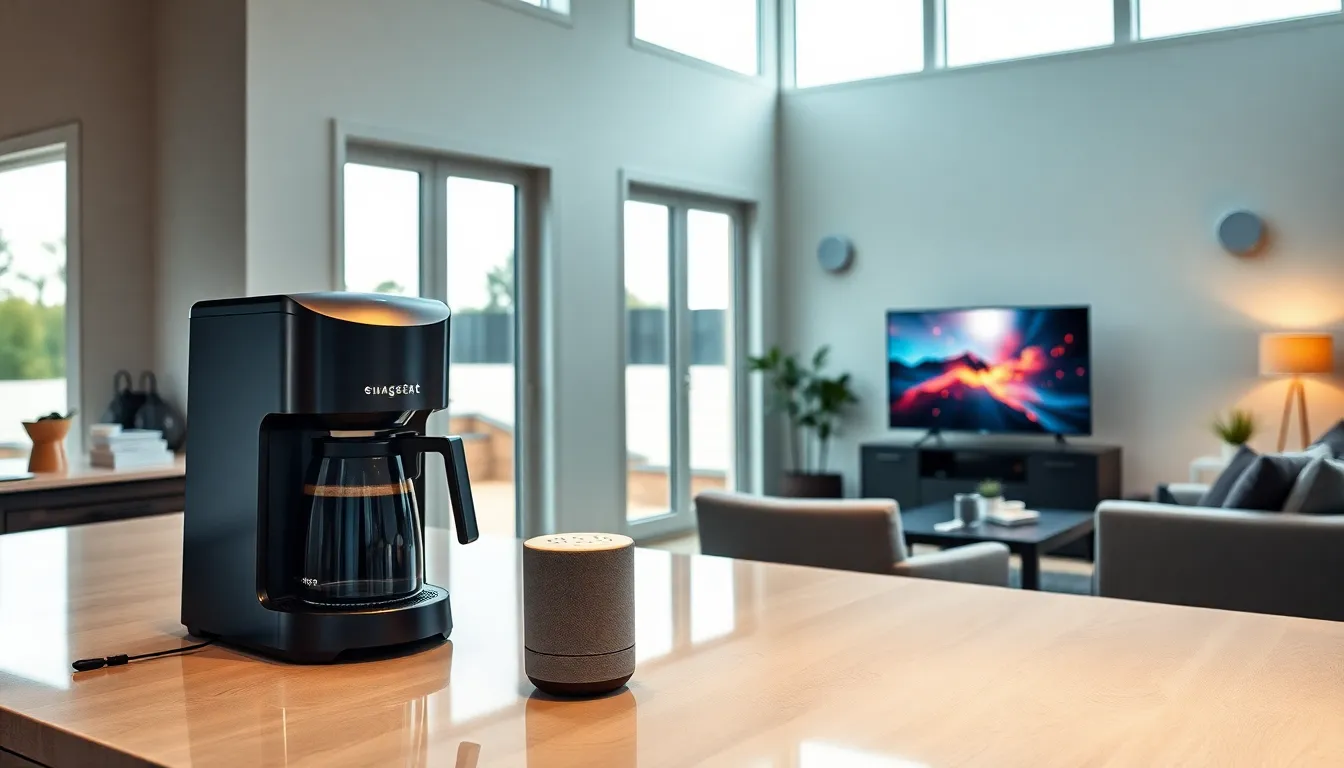In the great battle of real estate decisions, two contenders consistently duke it out: buying a condo versus renting. It’s like choosing between a pet rock and a state-of-the-art robot vacuum, both have their perks. You could own a lovely little slice of heaven or jump into the carefree world of renting. What sounds more appealing, digging into that mortgage versus tossing your keys at the landlord? Let’s break it down and see which path could lead you to a happier abode.
Table of Contents
ToggleUnderstanding The Basics Of Condo Ownership
Buying a condo is more than just nailing your decor to the walls. It’s about gaining ownership in a multimillion-dollar asset that’s part of a larger community. Think of it as owning a cozy apartment with a side of shared responsibility, meaning the pool, gym, and common areas are all part of the deal. You pay a Homeowners Association (HOA) fee, which covers those luscious amenities and the landscaping you didn’t think you’d ever care about.
Condo ownership typically involves a mortgage, property taxes, and insurance, which can initially sound like a headache. But, becoming a homeowner also means the joy of building equity. While rent might vanish into thin air faster than your last slice of pizza, every payment you make toward your condo contributes to its long-term value. And that’s not too shabby, right?
Pros And Cons Of Buying A Condo
Financial Considerations When Buying
When it comes to money, condos can offer both a blessing and a curse. Many buyers find themselves captivated by the idea of a fixed monthly mortgage instead of rising rent. But, let’s be real, buying often comes with closing costs, down payments, and ongoing maintenance fees. It’s crucial to whip out that calculator and ensure those numbers add up to a financially sound decision.
Maintenance And Responsibility
Owning a condo means the joys of homeownership aren’t without chores. Let’s not forget about maintenance. For the delight of sharing amenities, condo owners must be prepared to shoulder the costs of upkeep. If the rooftop pool springs a leak, guess who’s chipping in? But on the upside, there’s often an HOA to tackle the day-to-day chores of landscaping and snow removal.
Market Trends And Property Value
Trendwatching can be a full-time gig. The condo market fluctuates just like your favorite stock. If you buy when the market is on a high, you might find yourself better off down the road. Exploring property values, neighborhood developments, and future growth potential can yield insights that will excite any number-crunching enthusiast.
Exploring The Renting Option
Advantages And Disadvantages Of Renting
Renting isn’t just for college students and nomads, it can also be a savvy choice. For those favoring flexibility, this option lets tenants trial living in a community without a long-term commitment. On the downside, rental contracts can sometimes feel about as forgiving as a one-way ticket, good luck getting out early. Plus, while you’re not responsible for the structural maintenance, your rent is unlikely to build equity.
Flexibility And Mobility
Who doesn’t enjoy the freedom to relocate on a whim? Renting a condo lets one pick up and go without the hassle of selling a property. This creates a prime opportunity to explore different neighborhoods or even cities without the burden of owning a home. For those who live by the phrase, “work from anywhere,” renting can open up a world of adventure, and delicious taco trucks in all corners of the city.
Cost Considerations For Renters
Let’s be honest. Renting often means more upfront costs but fewer long-term commitments. No hefty down payments or closing costs are involved, but renters should keep an eye on rent increases, landlords love to adjust rental rates to keep up with market trends. It can be an affordable option, especially for young professionals and those starting fresh.
Making The Right Decision
Factors To Consider When Choosing
Deciding between buying a condo or renting largely depends on individual circumstances. How long does one intend to stay in a given area? What are their financial goals? The answers to these questions will shape the path forward. Potential buyers should consider factors like job stability, family planning, and lifestyle aspirations.
Long-Term vs Short-Term Lifestyle Goals
If they envision setting down roots, becoming a condo owner could be the way to go, perhaps to host those epic backyard barbecues later on. But for those who embrace change, whether it means relocating for a job, traveling the world, or simply enjoying the apartment style, renting allows for a more consistent lifestyle that easily adapts to life’s whims.






